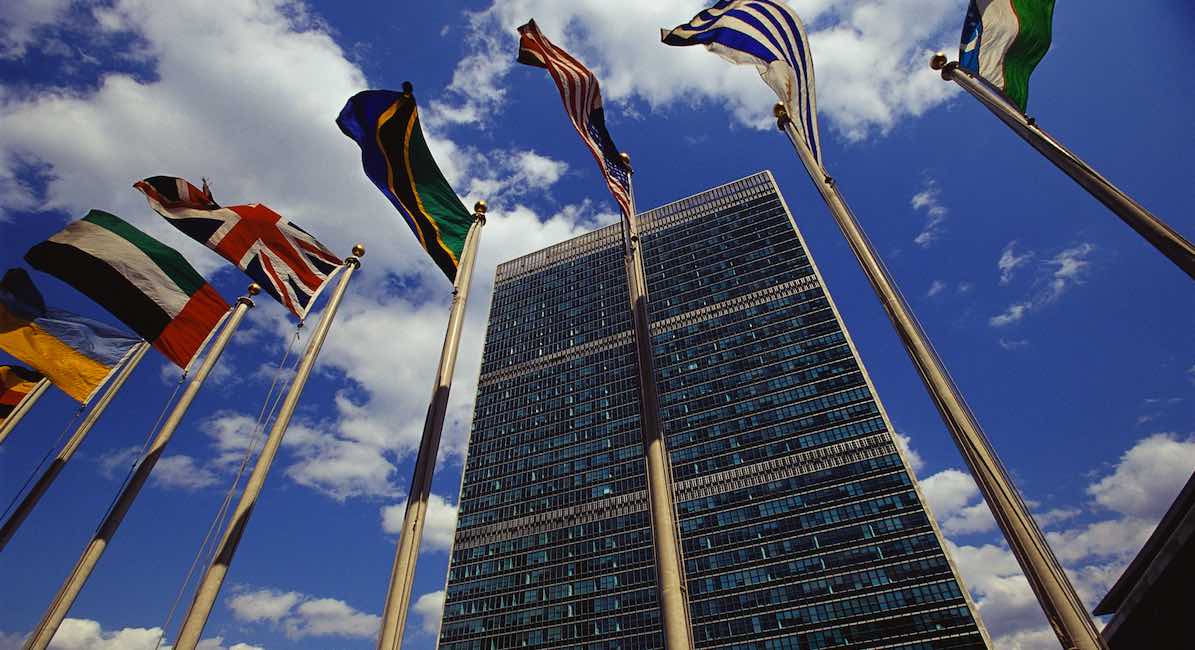As pro-abortion groups continue to call for expanded access to abortion and contraception around the globe, the UN Human Rights Committee seems determined to protect abortion, recently asserting that it is a violation of international human rights law for U.S. states to regulate abortion.
The U.S. State Department has not yet responded to the committee’s inquiry into the matter. If a written statement is not produced before the next election and a pro-abortion president takes office, it is likely that the response from such an administration to the UN could reflect an erosion of pro-life policies in the United States.
READ: Trump HHS Secretary to United Nations: ‘There is no international right to an abortion’
In March 2019, the UN Human Rights Committee expressed its disapproval to the Trump administration regarding federal and state level pro-life laws, in its review of the nation’s record on human rights. The Committee views abortion — the deliberate killing of preborn children in the womb — as a human right, and has been openly critical of various pro-life actions taken by President Trump. One point of contention was the president’s decision to expand the Mexico City Policy which prohibits foreign assistance from being given to groups who commit and advocate for abortion overseas. International health organizations are still able to provide care under this measure, but in order to receive taxpayer funding, they must not prioritize abortion. This new Protecting Life in Global Health Assistance policy has been disparagingly referred to as a “global gag rule.”
Another point of contention was President Trump executive order allowing employers and insurers to make “conscience-based objections” to the preventive care mandated in the 2009 Patient Protection and Affordable Care Act. This Act had forced the Little Sisters of the Poor — a group of Catholic nuns — to fund abortions and contraception against their will. Though President Trump’s order enables groups like theirs to make decisions in line with their conscience, the UN Committee was concerned about possible restrictions being placed on ‘reproductive care’.
Arguing that any restrictions on abortion puts women’s lives in danger, the Committee cited its interpretation of Article 6 on the right to life of the International Covenant on Civil and Political Rights (ICCPR). Women have a right to government-subsidized abortion, the Committee said, if a preborn child is conceived in rape, if the woman’s health is in danger, or if the child has a disability. These stipulations, however, ignore several important factors: abortion is not a compassionate response to rape, it’s never medically necessary, and children with disabilities have no less value than able-bodied ones.
With 22 U.S. states enacting life-affirming laws in 2019, pro-abortion lawmakers, as well as domestic and international abortion groups, have begun to fear that Roe v. Wade could soon be overturned. Representatives from the U.S. government are expected to have an in-person dialogue with the committee sometime in 2020, as the coronavirus pandemic has forced the schedule to be pushed back. The U.S. is expected to issue a written response before then. It is considered atypical not to issue a written reply to the committee within a few weeks of the Committee’s review.
READ: United Nations gives China seat on Human Rights Council, despite abuses and genocide
The UN’s abortion agenda has long been cause for concern. A recent Nairobi Summit was used by the organization as a chance to promote abortion, contraception, and sex education. Prominent members of Kenya’s Parliament disagreed with this agenda, affirming the principles of the Kenyan Constitution, which require that “every Kenyan has a right to life, and life begins at conception.” The Summit had been organized in order to follow through on initial promises from a 1994 International Conference on Population and Development. It was supposed to focus on improving health and education outcomes for women and children — but abortion advocates, development specialists, and UN bureaucrats circumvented negotiation processes to push for international abortion access instead.
If the UN wants to be an actual force for peace, then it should focus on supporting solutions that do not come at the expense of preborn children and their families.
“Like” Live Action News on Facebook for more pro-life news and commentary!







